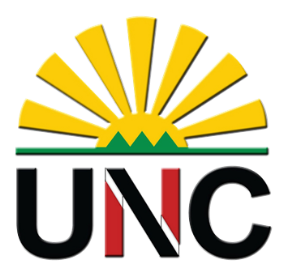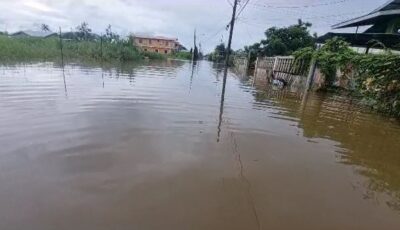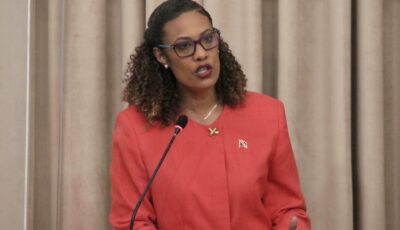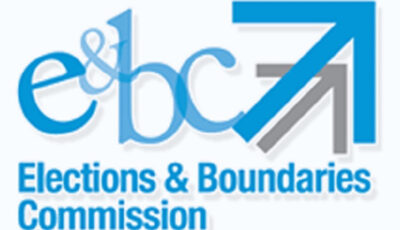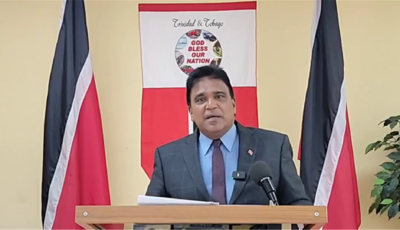Investigations Continue
 As Petrotrin has already indicated, the preliminary investigative report into the incident is inaccurate and any inference that the line has not been inspected and/or maintained over the last 17 years is without merit.
As Petrotrin has already indicated, the preliminary investigative report into the incident is inaccurate and any inference that the line has not been inspected and/or maintained over the last 17 years is without merit.
The marine facility plays a major part in the daily operations of Petrotrin, being the main transfer hub for movement of crude oil and finished products. The sea lines are an integral part of these operations.
Petrotrin understands that a Report titled ‘INSPECTION ENGINEERING SEA LINE MECHANICAL INTEGRITY REPORT’ dated 2010 was handed out today. The Report recommended that the Sea line #10 be changed out in phases. Petrotrin assures that some parts of the line have already been changed out within the last 24 months and the planned programme is continuing. Therefore, any statement to the effect that there has been no inspection and no maintenance performed on the line is incorrect.
Petrotrin is guided by the American Petroleum Institute (API) 570 standard, Piping Inspection Code for In-service Inspection, Rating, Repair and Alteration of Piping Systems, this being the industry standard.
API 570 recommends maximum inspection intervals for the various classes of piping systems as follows:
- Class 1: 5 years
- Class 3: 10 years
Sea line #10 at Petrotrin falls within the definition of Class 3.
Petrotrin has adopted an aggressive inspection programme with a frequency well within the API standard of 10 years, and has completed several inspections of Sea Line #10 since 2006 and as recently as 2011. As mentioned before and in keeping with the recommendations of the inspection programme, critical parts of Sea line #10 have been changed and work is ongoing.
Petrotrin continues to seek the cooperation of all of its stakeholders as we strive to restore a state of normalcy to the affected areas and its own operations.
Investigations into the incidents around the oil spills are continuing.
Corporate Communications Department
2014 January 09

